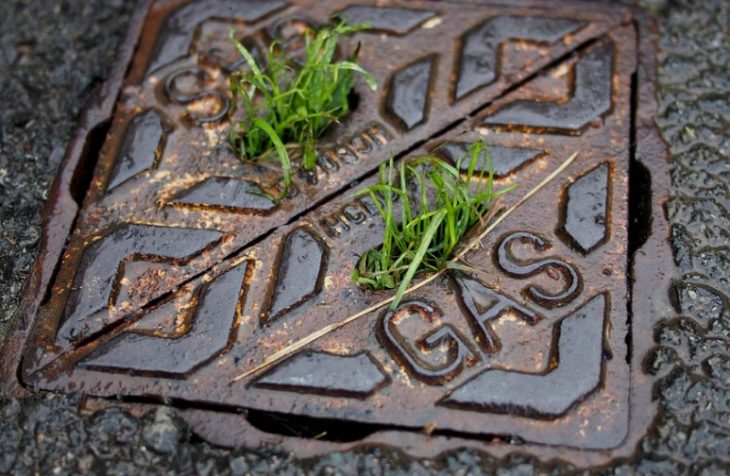How Do You Get Rid of Sewer Smell in Your House?
A good sewage system is essential in homes for safe and healthy disposal of wastewater. However, sometimes a horrific smell coming from the sewers can invade your living space, making it very uncomfortable for you and your family. If this problem sounds familiar, the good news is there are a number of DIY’s to get rid of sewer smell.
What Does Sewer Gas Smell Like?
Sewer gas has a rotten egg-like smell. There is a mixture of gases in the sewers including hydrogen sulfide, ammonia, methane, and carbon dioxide. The signature rotten egg smell is because of the hydrogen sulfide. While sewer gas isn’t necessarily toxic in low amounts, chronic exposure can be toxic.
There is a number of possible reasons for the house or basement sewer gas smell, many of which have to do with the plumbing:
-
Leaks
Improperly placed pipes and vents can lead to leaks in your plumbing system. Sewer gas can also leak into your house, especially when the vents are installed too close to your window or other openings.
-
Clogged drains
It is the work of the drains to transport the waste through the septic system. If these are clogged, it can cause a sewage backup that continues to decompose and leak sewer gas if it is not treated.
-
Cracked pipes
The integrity of the sewer pipes should be maintained to keep the toxic waste away. Degraded, broken, or cracked pipes can leak sewer gas into your house.
-
Dry plumbing
Water movement in the sewers helps protect against harmful gases. If your plumbing system is not being used it can dry out, allowing sewer gas to leak into the house.
-
Blocked air vents
The role of air vents is to diffuse toxic gases away from your house. If these vents are blocked by debris, dirt, or other things, the sewer gas can build up in the pipes and leak into the house.
How to Get Rid of Sewer Gas Smell in Bathroom
What you need:
- Baking soda
- White vinegar
- Hot water
- Chlorine bleach
- Mineral oil
- Screwdriver
To remove sewer gas smell from bathroom drain due to a mild clog or dry tap;
- Pour 1/4 cup of baking soda into the drain.
- Then follow with one cup of white vinegar.
- Give it about 2 hours, with your bathroom door closed.
- Then, carefully pour about a gallon of hot water down the drain.
- Give it about 15 mutes and then run cold water for about 10 minutes to rinse the vinegar down, thoroughly(important).
- Pour 1/2 cup chlorine bleach into the drain and leave it for another 2 hours, with your bathroom door closed.
- Slowly pour a gallon of hot water to rinse it and then let cool water run for 10 minutes.
- Lastly, pour 4 ounces of mineral oil into the drain to help slow evaporation in the P-trap.
- You can use the screwdriver to remove trap to clean it or replace it (optional).
Be careful never to mix bleach and vinegar or you’ll create a toxic chlorine and chloramines gas.
What Can I Put in My Septic Tank to Stop the Smell?
The odor in individual septic tanks can develop as a result of a pH level that’s too acidic. The microorganisms stop digesting the organic matter when the pH is too acidic, resulting in the release of the sewer gas. Baking soda can be a good sewer odor neutralizer and is a common household product.
You can also buy a commercial septic tank smell neutralizer if you are looking for something more specific.
Here are steps to neutralizing sewer smell in your septic tank:
- Pour 1 cup of baking soda down any drain or toilet once every week to keep a suitable pH level of 6.8-7.6 in the septic tank.
- Don’t use more water than you require as this will flush the baking soda from the septic system more quickly.
- Avoid flushing down the drain things like cigarette butts, facial tissues, and others that the microorganisms can’t digest.
- Hire a septic tank cleaning service every 3-5 years to pump out accumulated waste.
Sewer gas is not only uncomfortable, but excessive exposure is toxic and can be harmful to your health. Hopefully, this guide helps you deal with this problem that is often persistent in many households.
